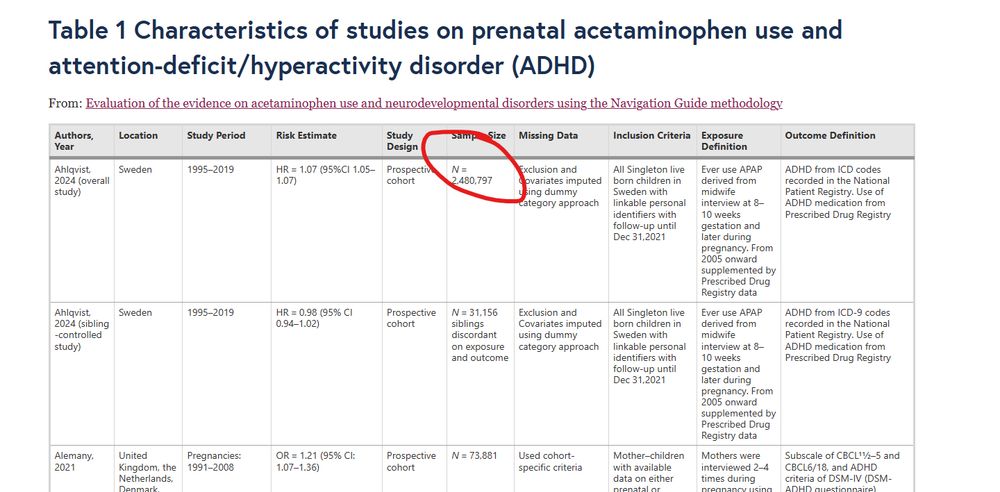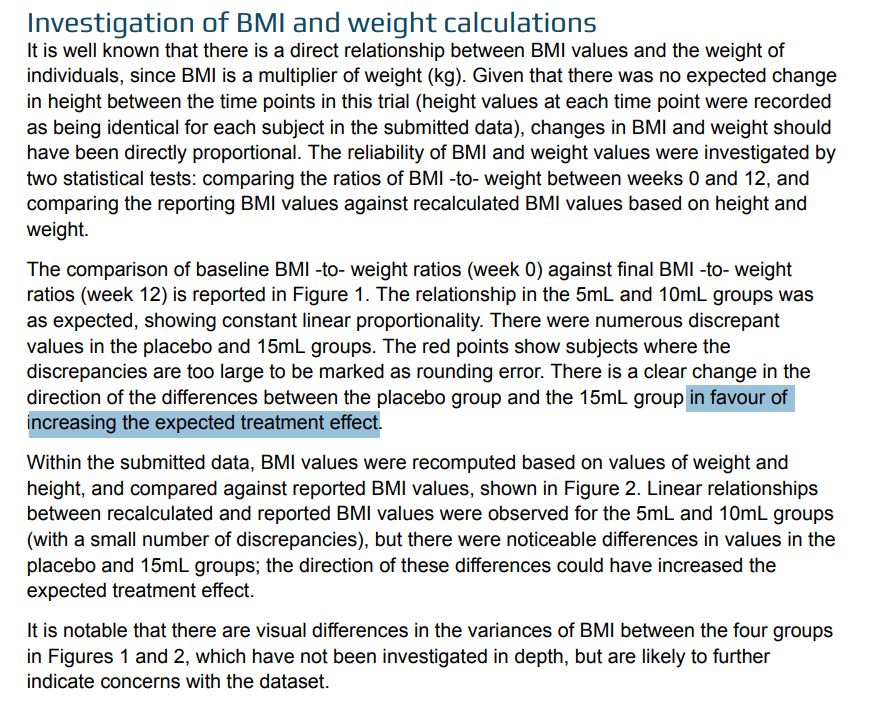Health Nerd
@gidmk.bsky.social
30K followers
400 following
2.3K posts
Epidemiologist. Research Fellow. Doctor of Spreadsheets. Writer (Slate, TIME, Guardian, etc). PhD, MPH. Host of senscipod Email [email protected] he/him. Find my writing on Substack and Medium.
Posts
Media
Videos
Starter Packs




















